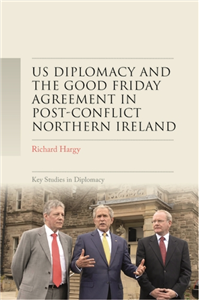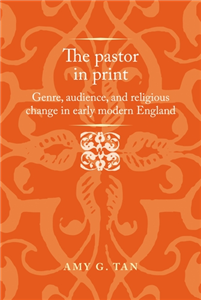Schriften-Aufzeichnungen-Briefe. Herausgegeben und mit einer Chronik sowie einem Nachwort versehen von Dieter Borchmeyer
Friedrich Nietzsche wurde am 15. Oktober 1844 in Röcken bei Lützen als Sohn eines Pastors geboren.
Er studierte in Bonn und Leipzig zunächst Sprachwissenschaften und evangelische Theologie, seinen Abschluß machte er jedoch nur in klassischer Philologie. 1868 lernte er Richard Wagner kennen, der sein Denken neben Schopenhauer stark beeinflußte. Einige Jahre später zerbrach die Freundschaft über Nietzsches Geringschätzung der Bayreuther Festspiele. 1869 wurde er auf eine Professur für Altphilologie nach Basel berufen, die er aus gesundheitlichen Gründen zehn Jahre später wieder aufgab. Fortan lebte er von seiner Pension und finanzierte davon viele Reisen, u.a. in die Schweiz und nach Italien, auf denen seine wichtigsten philosophischen Werke entstanden.
In seinen Hauptwerken sagte Nietzsche den Tod Gottes voraus, beschrieb den Übermenschen, trat für die Umwertung aller Werte ein und prägte somit den Nihilismus. Zu seinen bekanntesten Werken zählen Also sprach Zarathustra (1883) und Ecce Homo (1908). In den 1880er Jahren nahmen seine körperlichen und seelischen Leiden zu und gipfelten 1889 in einem Zusammenbruch, von dem er sich nicht mehr erholte. Bis zu seinem Tod am 25. August 1900 in Weimar wurde er von seiner Mutter und seiner Schwester gepflegt.
Dieter Borchmeyer, geboren 1941, ist Professor emeritus an der Universität Heidelberg, war Präsident der Bayerischen Akademie der Schönen Künste und lehrt im Rahmen der Stiftungsdozentur »Heidelberger Vorträge zur Kulturtheorie« weiterhin an der Universität Heidelberg. Borchmeyers Arbeitsfeld ist vor allem die deutsche Literatur vom 18. bis 20. Jahrhundert und das Musiktheater mit Monographien zu Goethe, Schiller, Mozart, Wagner und Nietzsche. Zuletzt erschien von ihm Was ist deutsch? (2017).
Dieter Borchmeyer, geboren 1941, ist Professor emeritus an der Universität Heidelberg, war Präsident der Bayerischen Akademie der Schönen Künste und lehrt im Rahmen der Stiftungsdozentur »Heidelberger Vorträge zur Kulturtheorie« weiterhin an der Universität Heidelberg. Borchmeyers Arbeitsfeld ist vor allem die deutsche Literatur vom 18. bis 20. Jahrhundert und das Musiktheater mit Monographien zu Goethe, Schiller, Mozart, Wagner und Nietzsche. Zuletzt erschien von ihm Was ist deutsch? (2017).



























